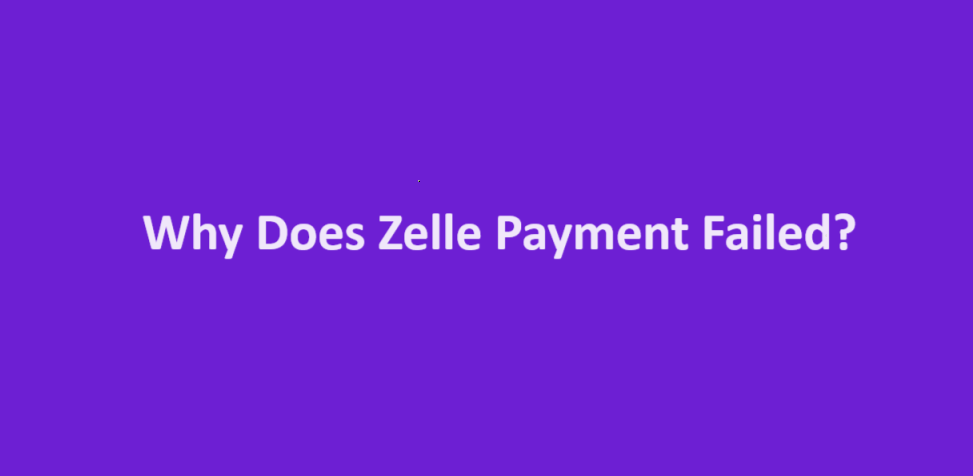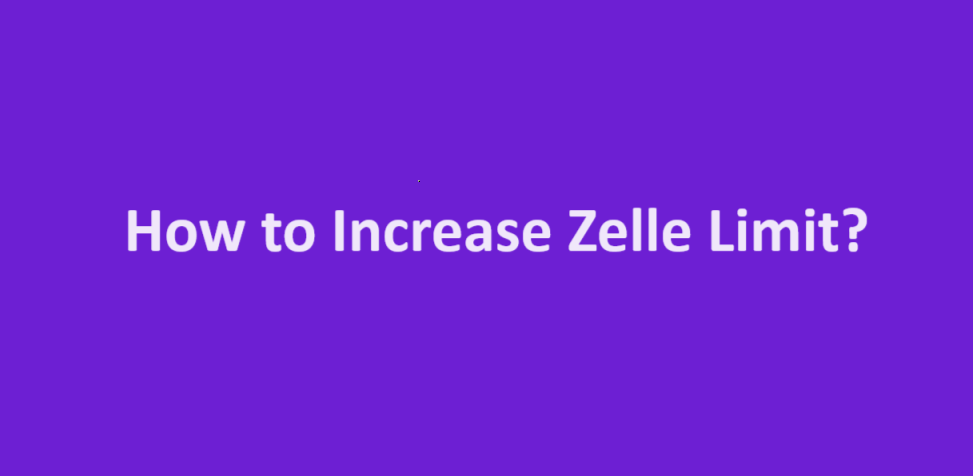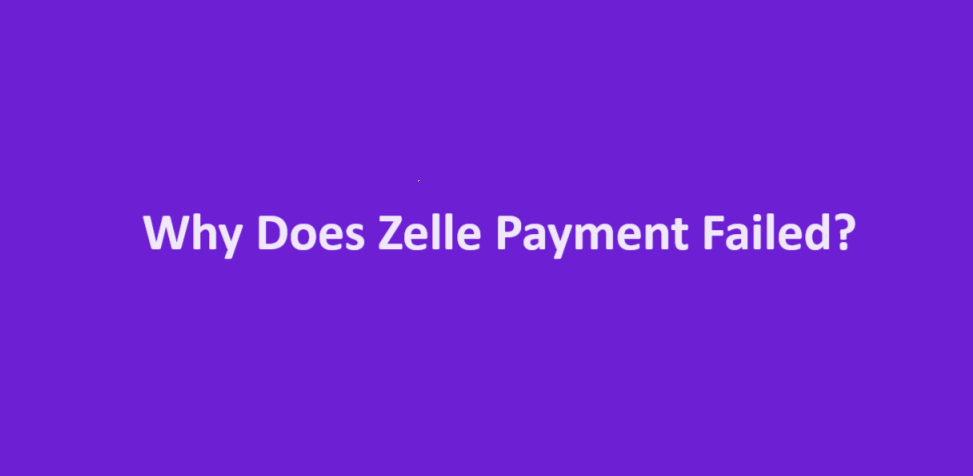 High-Converting Funnels – From Ad Click to Final Sale!
High-Converting Funnels – From Ad Click to Final Sale!
Understanding Why Zelle Payments Fail
Written by Jasmin Eudm » Updated on: June 17th, 2025 425 views

In the realm of digital transactions, Zelle has gained popularity for its quick and convenient money transfer services. However, users may occasionally encounter instances where their Zelle payment fails, leaving them perplexed and frustrated. In this article, we delve into the common reasons why Zelle payments fail and provide insights into how to address these issues effectively.
Why Do Zelle Payments Fail?
Insufficient Funds: One of the primary reasons for a Zelle payment failure is insufficient funds in the sender's account. If there are not enough funds available to cover the transaction amount, Zelle will be unable to process the payment.
Incorrect Recipient Information: Another common cause of Zelle payment failures is entering incorrect recipient information. Whether it's an incorrect email address or phone number, ensuring the accuracy of recipient details is crucial for successful transactions.
Temporary Service Outages: At times, Zelle may experience temporary service outages or technical glitches, leading to failed payments. These disruptions can occur due to maintenance activities or unexpected system issues.
Bank Account Verification: Zelle requires users to link their bank accounts to the platform for transactions. If the sender's bank account is not verified or if there are discrepancies in the verification process, Zelle payments may fail.
Recipient Unenrolled in Zelle: If the recipient has not enrolled in Zelle or is using a different payment platform, such as Venmo or PayPal, the payment will fail. It's essential to confirm that the recipient is registered with Zelle to facilitate successful transactions.
What to Do If Your Zelle Payment Fails?
Check Account Balance: If your Zelle payment fails due to insufficient funds, ensure that you have enough money in your account to cover the transaction amount. Transfer additional funds to your account if necessary.
Verify Recipient Information: Double-check the recipient's email address or phone number to ensure accuracy. Correct any errors and attempt to resend the payment.
Contact Customer Support: If you encounter persistent issues with failed Zelle payments, reach out to Zelle customer support for assistance. They can provide guidance on troubleshooting steps and address any underlying issues affecting your transactions.
Consider Alternative Payment Methods: If Zelle continues to be unreliable for your transactions, explore alternative payment methods such as bank transfers or wire transfers. Evaluate other options that offer similar convenience and reliability.
Conclusion
While Zelle offers a convenient way to transfer money digitally, occasional payment failures may occur due to various reasons. By understanding the common causes of Zelle payment failed and taking proactive steps to address them, users can minimize disruptions and ensure smooth transaction experiences.
In the realm of digital transactions, Zelle has gained popularity for its quick and convenient money transfer services. However, users may occasionally encounter instances where their Zelle payment fails, leaving them perplexed and frustrated. In this article, we delve into the common reasons why Zelle payments fail and provide insights into how to address these issues effectively.
Why Do Zelle Payments Fail?
Insufficient Funds: One of the primary reasons for a Zelle payment failure is insufficient funds in the sender's account. If there are not enough funds available to cover the transaction amount, Zelle will be unable to process the payment.
Incorrect Recipient Information: Another common cause of Zelle payment failures is entering incorrect recipient information. Whether it's an incorrect email address or phone number, ensuring the accuracy of recipient details is crucial for successful transactions.
Temporary Service Outages: At times, Zelle may experience temporary service outages or technical glitches, leading to failed payments. These disruptions can occur due to maintenance activities or unexpected system issues.
Bank Account Verification: Zelle requires users to link their bank accounts to the platform for transactions. If the sender's bank account is not verified or if there are discrepancies in the verification process, Zelle payments may fail.
Recipient Unenrolled in Zelle: If the recipient has not enrolled in Zelle or is using a different payment platform, such as Venmo or PayPal, the payment will fail. It's essential to confirm that the recipient is registered with Zelle to facilitate successful transactions.
What to Do If Your Zelle Payment Fails?
Check Account Balance: If your Zelle payment fails due to insufficient funds, ensure that you have enough money in your account to cover the transaction amount. Transfer additional funds to your account if necessary.
Verify Recipient Information: Double-check the recipient's email address or phone number to ensure accuracy. Correct any errors and attempt to resend the payment.
Contact Customer Support: If you encounter persistent issues with failed Zelle payments, reach out to Zelle customer support for assistance. They can provide guidance on troubleshooting steps and address any underlying issues affecting your transactions.
Consider Alternative Payment Methods: If Zelle continues to be unreliable for your transactions, explore alternative payment methods such as bank transfers or wire transfers. Evaluate other options that offer similar convenience and reliability.
Conclusion
While Zelle offers a convenient way to transfer money digitally, occasional payment failures may occur due to various reasons. By understanding the common causes of Zelle payment failed and taking proactive steps to address them, users can minimize disruptions and ensure smooth transaction experiences.
Note: IndiBlogHub features both user-submitted and editorial content. We do not verify third-party contributions. Read our Disclaimer and Privacy Policyfor details.
Copyright © 2019-2025 IndiBlogHub.com. All rights reserved. Hosted on DigitalOcean for fast, reliable performance.
















